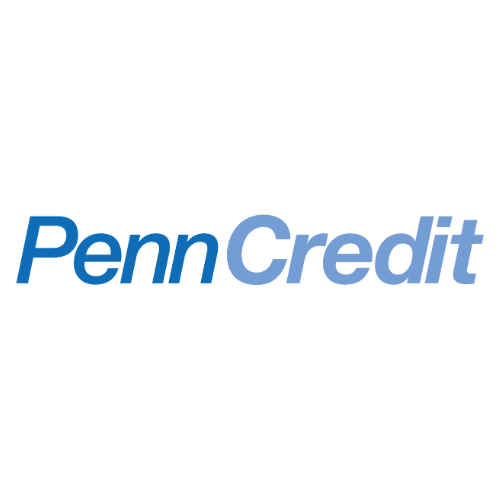Financial planning is a necessity. People need to feel secure regardless of the circumstances they may encounter. Debt, bills, education, and medical conditions are among the many concerns facing the unknown. The only way they can gain some form of security and control over their economic situation is to create a plan of action whenever there is a surplus of income. Annual tax returns are a prime example of additional funds that many tend to squander on immediate gratifications. A priority checklist serves as a valuable tool for meeting financial goals.
How to Maximize Income Tax Refunds
- Achieving a debt-free status is a common goal for many. Knowing the exact amount that is owed is crucial to developing an effective plan. If the outstanding debt surpasses the amount of the tax refund and there are still necessary expenses pending, it may be smarter to make partial payments. All delinquent credit lines or accounts should at least be made current. Paying the credit accounts in full may satisfy the debt but does not necessarily make a significant impact on credit scores. The credit bureaus consider payment history a vital part of the criteria used to determine if a person is trustworthy and is borrowing within their financial means.
- Becoming unemployed is usually not anticipated. Safeguarding against it is the best tactic. Putting aside a portion of the tax return to complement unemployment benefits is a clever strategy. Financial stability for a predetermined amount of time may alleviate some of the stress during the hunt for new employment.
- For those with chronic medical conditions, medical bills are a major concern. Regardless of health insurance coverage, there are certain conditions that require treatment and procedures that incur out-of-pocket expenses. Knowing what the medical treatment plan is will assist with determining the estimated expenses that the individual will be responsible for. Utilizing the tax refund to cover the expenses will lessen the economic strain and financial struggle that healthcare can impose.
- Investing in a retirement plan would be another smart economic move. There are plenty of options to select from. Allocating funds in an IRA account or a Solo 401(k) plan will prove to be beneficial as they continuously grow.
Tax Refunds are an additional source of income that should be used wisely. The extra funds could serve as a stepping stone to financial freedom. Those with a more complex monetary situation may want to consult with a Financial Advisor to ensure that the path chosen is the most advantageous.

